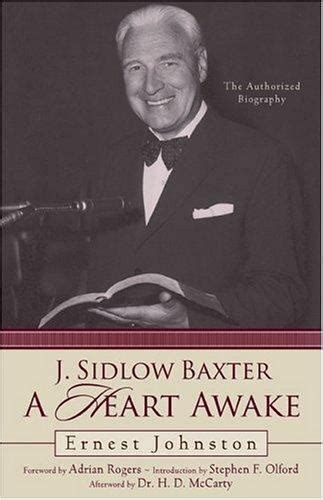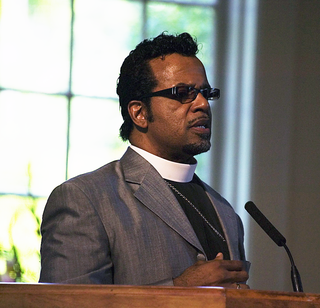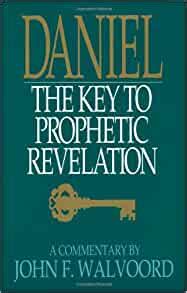A Quote by J. Sidlow Baxter
If the Bible is uniquely and inerrantly inspired, then we have certainty; we may know real truth about God
Related Quotes
The God who inspired the Bible is the same God who made the universe, Earth, and all life. This God is the very definition of truth; therefore nature's record will never contradict Scripture and vice versa. When a seeming contradiction confronts us, we can know with certainty we have either misunderstood (one, the other, or both revelations) or perhaps we haven't yet dug deploy enough. Whatever the case, we can embrace the opportunity to gain greater knowledge and appreciation for the Bible, for nature, and for the God who is responsible for both.
The Bible is a wonderful book. It is the truth about the Truth. It is not the Truth. A sermon taken from the Bible can be a wonderful thing to hear. It is the truth about the truth about the truth. But it is not the truth. There have been many books written about the things contained in the Bible. I have written some myself. They can be quite wonderful to read. They are the truth about the truth about truth about the Truth. But they are NOT the Truth. Only Jesus Christ is the Truth. Sometimes the Truth can be drowned in a multitude of words.
A few years ago the Deists denied the inspiration of the Bible on account of its cruelty. At the same time they worshiped what they were pleased to call the God of Nature. Now we are convinced that Nature is as cruel as the Bible; so that, if the God of Nature did not write the Bible, this God at least has caused earthquakes and pestilence and famine, and this God has allowed millions of his children to destroy one another. So that now we have arrived at the question - not as to whether the Bible is inspired and not as to whether Jehovah is the real God, but whether there is a God or not.
Such debates [about the nature of Scripture], in my view, distract attention from the real point of what the Bible is there for. Squabbling over particular definitions of the qualities of the Bible is like a married couple squabbling over which of them loves the children more, when they should be getting on with bringing them up and setting them a good example. The Bible is there to enable God's people to be equipped to do God's work in God's world, not to give them an excuse to sit back smugly, knowing they possess all God's truth.
I think it is wrong to expect certainties in this world, where all else but God that is Truth is an uncertainty. All that appears and happens about and around us is uncertain, transient. But there is a Supreme Being hidden therein as a Certainty, and one would be blessed if one could catch a glimpse of that Certainty and hitch one's waggon to it. The quest for that Truth is the summum bonum of life.
[The Bible] has to be interpreted. And if it isn’t interpreted, then it can’t be put into action. So if we are serious about following God, then we have to interpret the Bible. It is not possible to simply do what the Bible says. We must first make decisions about what it means at this time, in this place, for these people.
In my opinion, the greatest sin in the church of Jesus Christ in this generation is ignorance of the Word of God. Many times I have heard a church officer say, "Well I don't know much about the Bible, but..." and then he gives his opinion, which often actually contradicts the Word of God! Why doesn't he know much about the Bible? These things were written aforetime for our learning. God wants you to know His Word.
The ground we have in common with unbelievers is not the Bible, but our common needs, hurts, and interests as human beings. You cannot start with a text expecting the unchurched to be fascinated by it. You must first capture their attention, and then move them to the truth of God's Word. By starting with a topic that interests the unchurched and then showing what the Bible says about it, you can grab their attention, disarm prejudices, and create an interest in the Bible that wasn't there before.
The Christians and the Jews do not believe that the Bible is the verbatim words of God. In fact it is clear that the books of the Bible are written by men - allegedly inspired men - but humans nonetheless. God in the Bible is spoken of in third person. This gives the believer a degree of caution. If the writers of the Bible were humans and humans are fallible, the Bible should not be taken literally. It is possible to interpret it, use one's logic to understand it in the light of science and adapt its teachings to meet the needs of the time.
There are two views of interpreting the Bible in America: that every word is literally the truth without qualification, and then the other view is, it's called plenary inspiration, which holds that all religious truth taught in the Bible is true from God, but each word is not necessarily interpreted literally.



































